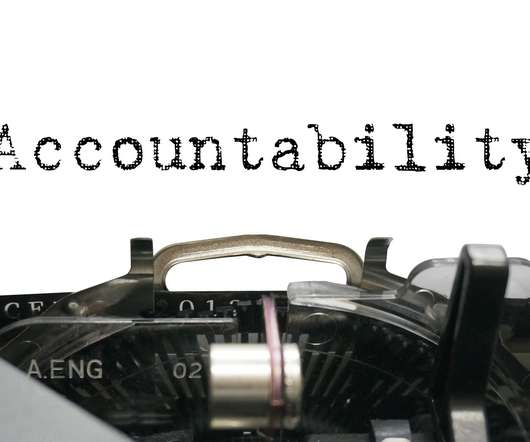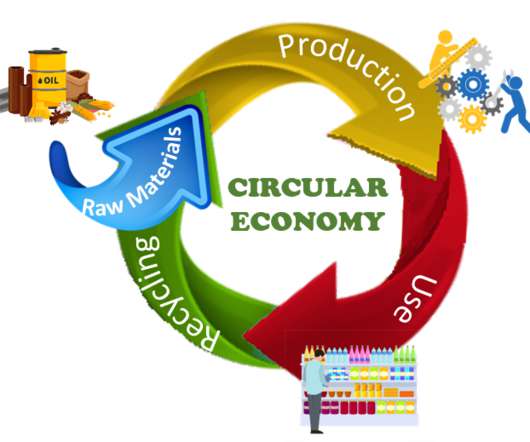Holding Ourselves Accountable for Business Results
Supply Chain Shaman
JULY 25, 2021
To make the point, let me share an orbit chart for four industries (reference Figure 1). Lean, Blockchain, Industry 4.0, Trade-offs of commercial programs with source, make, and deliver to maximize value to the customer and improve margin.). The goal of the conference is to Imagine the Supply Chain of 2030.

















Let's personalize your content